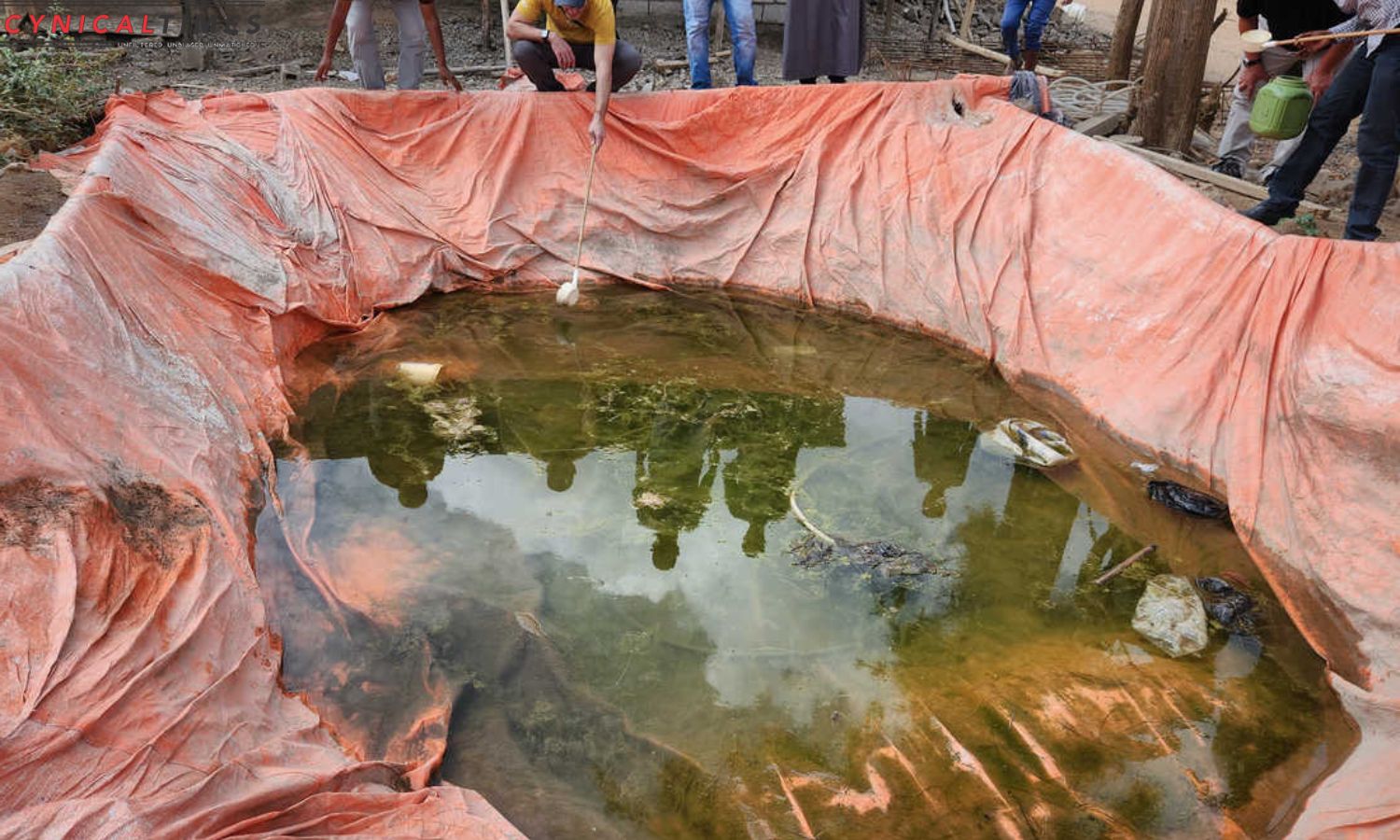Battling Mosquito Mayhem: In the past decade, a novel mosquito species, Anopheles stephensi, originally from Asia, has infiltrated African cities, posing a significant threat as carriers of malaria. This is particularly alarming for Africa, where over 93% of the world’s quarter-billion malaria cases were reported last year.
New research, as reported in Lancet Planetary Health, unveils a potential link between the mosquito’s year-round survival and the construction boom in urban areas. Jigjiga, Ethiopia, exemplifies this trend, experiencing a rapid urban transformation and a surge in A. stephensi. The mosquito’s density correlates with the construction of houses, indicating a concerning association.
Traditionally, research focused on A. stephensi during the rainy season when standing water is abundant for egg-laying. However, a study during the dry season in Jigjiga revealed unexpected findings. Despite the arid landscape, researchers identified construction pits as crucial breeding grounds for the mosquitoes, providing insight into their survival strategy during adverse conditions.
The dry season, characterized by a decrease in mosquito numbers, presents a strategic window for intervention. The dependence of A. stephensi on construction pits suggests targeted solutions. Introducing safe chemicals or mosquito larvae-eating fish into these pits during the dry season could prove effective. Alternatively, maintaining fresh water flow in construction sites could prevent stagnation, disrupting mosquito breeding.
This research highlights the importance of understanding mosquito behavior for precision combat against diseases like malaria. The study’s innovative approach utilizes satellite imagery as a “time machine” to map the growth of construction pits over the years, aiding targeted interventions. If successful in reducing A. stephensi numbers in Jigjiga, these strategies offer hope for minimizing malaria risks in urban areas across Africa.
Also Read: Avian Flu Strikes Hard: 250,000 Birds Euthanized Amid Bay Area Outbreak
Our Reader’s Queries
Can we eradicate mosquitoes?
Eliminating all mosquitoes could have unintended consequences, as other species may also play important roles in their respective ecosystems. Additionally, eradicating such a vast and widespread population would be a monumental task, making it unlikely to achieve complete extermination.
How can we prevent mosquito disease?
To prevent mosquito bites, it’s important to take some precautions. Use insect repellents whenever you’re outside, and wear long-sleeved clothing to cover your skin. Try to schedule outdoor activities during times when mosquitoes are less active, such as during the day or in cooler weather. Make sure your window and door screens are in good condition to keep mosquitoes out of your home. Finally, remove any standing water from around your property, as this is where mosquitoes like to breed. By following these simple tips, you can reduce your risk of mosquito bites and the diseases they can transmit.

